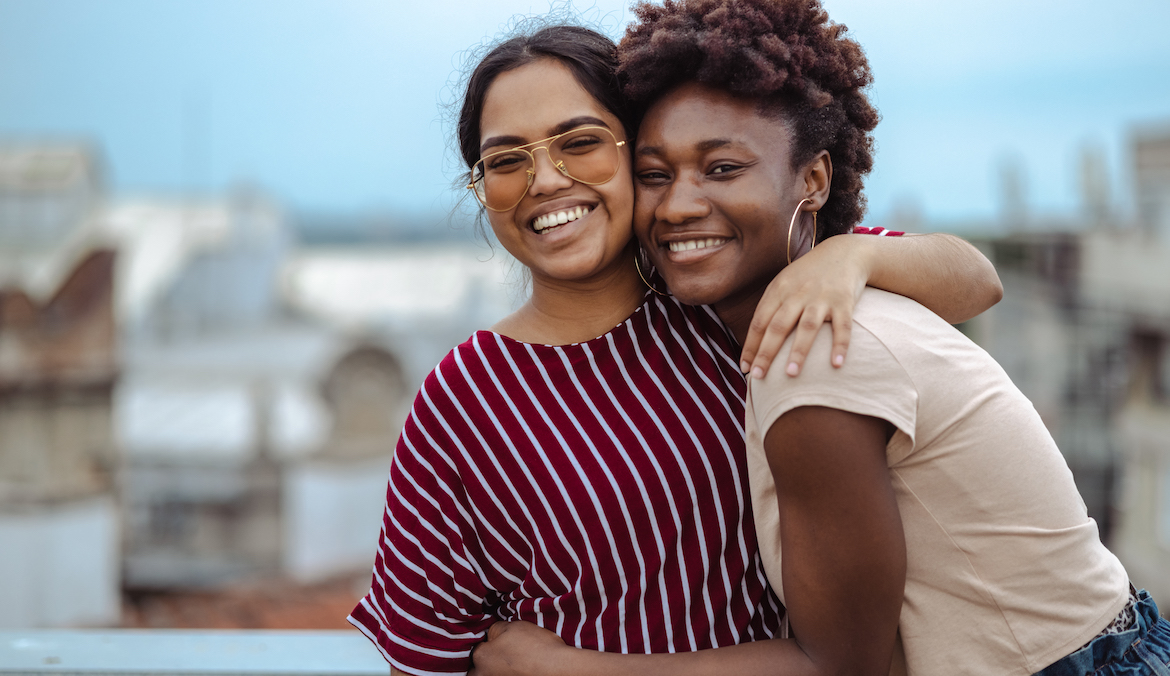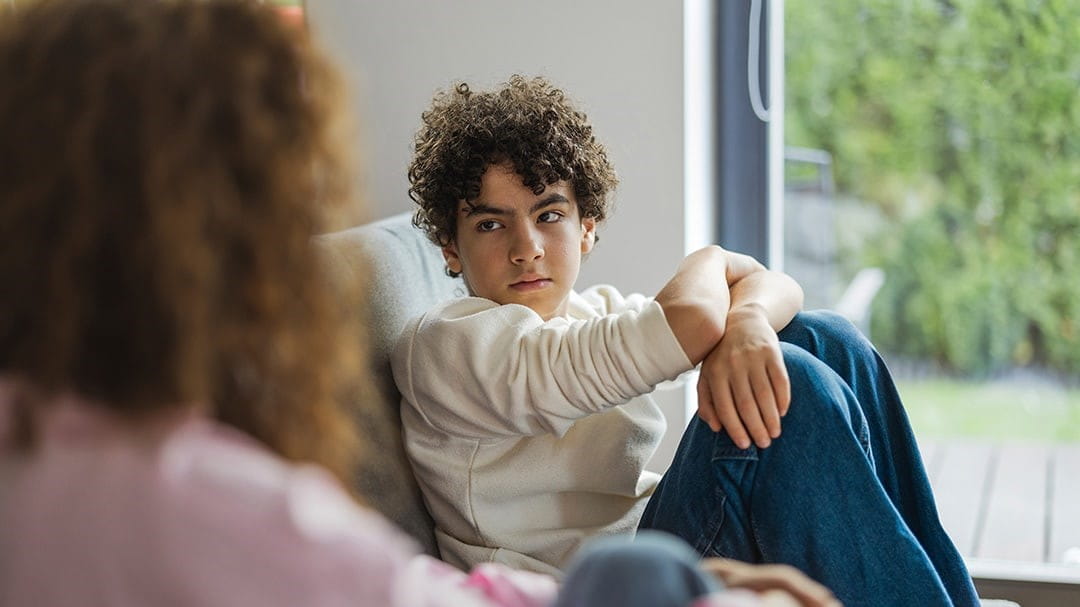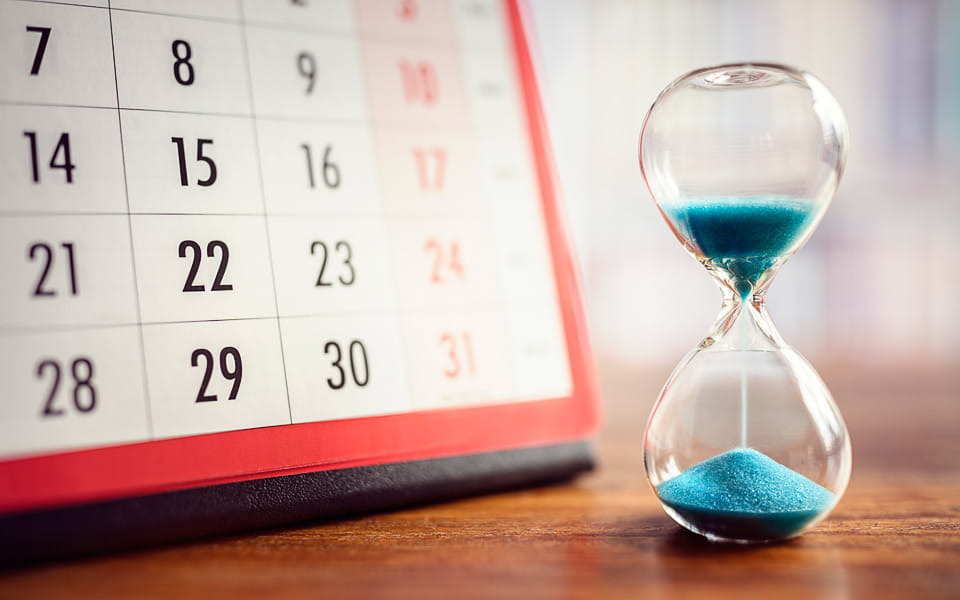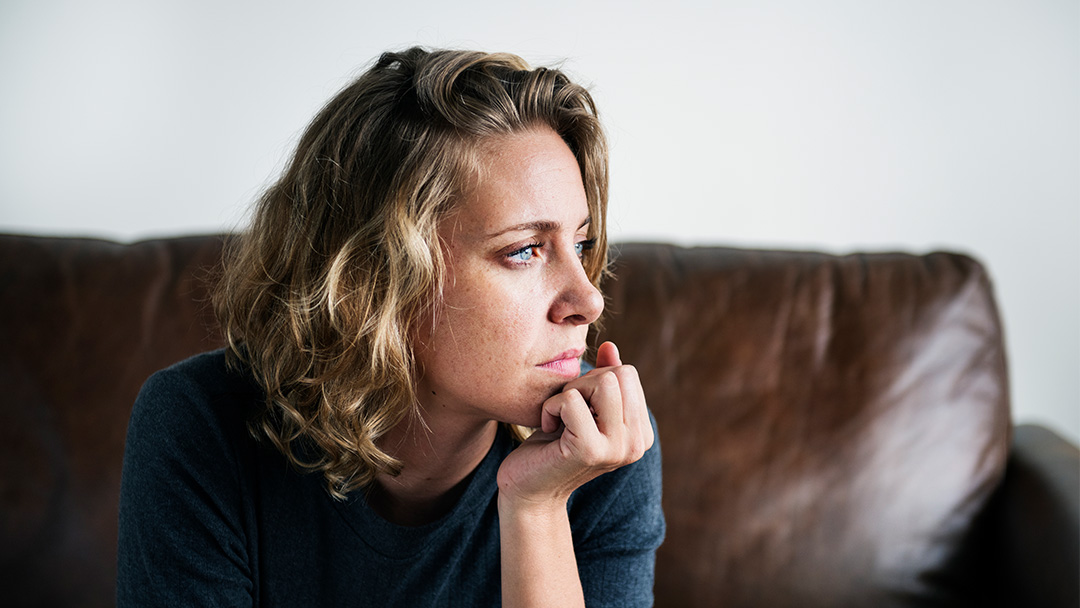
There’s no denying it: Rather a lot is coming at us lately that may have an effect on our psychological well being. There are pure disasters, mass shootings, and naturally, a pivotal nationwide election creeping ever nearer.
Consultants in This Article
Betty Ford
affiliate professor of psychology on the College of Toronto
Natalie Moore
Fittingly, on World Psychological Well being Day, a nonprofit known as Undertaking Wholesome Minds—which seeks to destigmatize the subject of psychological well being—right this moment printed the outcomes of its 2024 Undertaking Wholesome Minds State of Psychological Well being Survey. The survey, carried out by The Harris Ballot, concerned 2,000 adults and requested in regards to the high considerations affecting their psychological state up to now yr. The TL;DR is: You’re positively not alone if the world is basically stressing you out proper now.
Right here’s a better take a look at what the survey uncovered about our collective worries, together with what individuals are doing to manage.
Election nervousness is at an all-time excessive
The survey discovered 3 in 4 Individuals (77 p.c) have nervousness in regards to the 2024 election. Greater than half (58 p.c) say the election has had a damaging impact on their psychological well being up to now yr, and about 1 in 3 really feel anxious about post-election fallout, regardless of the end result.
However fortunately, many people are utilizing wholesome coping abilities to maintain election nervousness in verify: The survey discovered 36 p.c of us flip to train, 25 p.c to further sleep, and 21 p.c to meditation as a way to take care of election stress. Setting boundaries on the subject of watching election information is one other essential technique.
“Keep as related as it’s good to be with the intention to have interaction within the democratic course of, but additionally give your self permission to disengage—unwinding and recharging gives you power to face what comes subsequent,” Betty Ford, PhD, affiliate professor of psychology on the College of Toronto, beforehand informed Nicely+Good.
To calm information nervousness within the second, therapist Natalie Moore suggests performing some deep respiratory and taking a couple of minutes for mindfulness, the place you focus your consideration on bodily sensations like what you’ll be able to see, hear, really feel, style, and scent in that second.
Monetary uncertainty can also be a high concern
Two-thirds of individuals surveyed say monetary points have harm their psychological well being within the final yr, with girls (69 p.c) extra more likely to be affected than males (62 p.c).
This may be very true for individuals who maintain a number of jobs to remain afloat, or those that are a part of the “sandwich era,” i.e., adults who’ve each younger kids and growing old mother and father to financially help.
commercial
Youthful generations are extra apprehensive about excessive climate and mass shootings
About 53 p.c of individuals surveyed mentioned wildfires, hurricanes, and different pure disasters have negatively affected their psychological well being up to now yr. And 60 p.c say current mass shootings have had a damaging impact on their psychological well being over the past yr, with girls (67 p.c) extra more likely to really feel this fashion than males (53 p.c).
Youthful generations additionally view these challenges in a different way than older ones. For instance, the survey discovered Gen Z and millennials are extra possible than boomers to say mass shootings and funds negatively affected their psychological well being this yr (65 and 63 p.c versus 54 p.c, respectively).
Social media will increase nervousness in Gen Z people
Greater than 2 in 5 Individuals say social media had a damaging impact on their psychological well being up to now yr. Ladies usually tend to say that it’s affected them than males. Specifically, Gen Z are extra possible than millennials, Gen X, and boomers to say that social media had a damaging affect on their psychological state within the final yr, per the survey.
Analysis has proven that scrolling by means of unhealthy information on social media (aka, doomscrolling) is related to elevated nervousness and melancholy charges, per an October 2022 overview in Utilized Analysis in High quality of Life1. And lately, the U.S. Surgeon Common Vivek Murthy, MD, even known as for warning labels on social media2 platforms to guard adolescents’ psychological well-being. Dr. Murthy additionally cited the complexities of managing social media as one of many elements driving sky-high ranges of parental stress.
We’d like extra psychological well being help
Lastly, Undertaking Wholesome Thoughts’s survey emphasizes the necessity for extra psychological well being assets. Seventy-seven p.c of individuals surveyed mentioned they didn’t at all times search psychological well being help once they wanted it. About 2 in 5 folks mentioned it’s as a result of it’s too costly, whereas 1 in 5 mentioned it’s as a result of their healthcare supplier didn’t take them critically and 18 p.c cited the stigma round getting assist.
Many individuals additionally felt they don’t have sufficient time to hunt assist, the method is just too sophisticated, and/or there’s a lack of entry to high quality psychological healthcare.
commercial
“We’re releasing this information on World Psychological Well being Day to underscore how important it’s to deal with these intersecting points earlier than they take a deeper toll on our nation’s psychological well being,” mentioned Undertaking Wholesome Thoughts’s CEO Phillip Schermer within the survey’s launch. “Now’s the time for revolutionary options and expanded entry to psychological well being providers.”
Extra Sources
- Satici, Seydi Ahmet et al. “Doomscrolling Scale: its Affiliation with Character Traits, Psychological Misery, Social Media Use, and Wellbeing.” Utilized analysis in high quality of life vol. 18,2 (2023): 833-847. doi:10.1007/s11482-022-10110-7
↩︎
-
Abbasi J, Hswen Y. US Surgeon Common Vivek Murthy: To Shield Adolescents, Social Media Wants Warning Labels. JAMA. 2024;332(9):689–691. doi:10.1001/jama.2024.14245
↩︎









